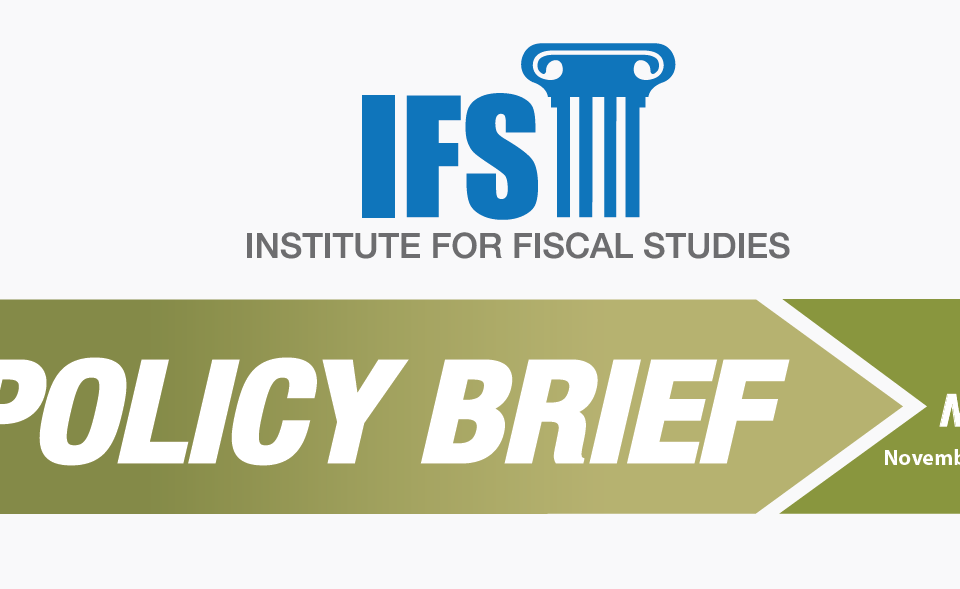POLICY BRIEFS
January 26, 2022
Ghana has been facing a very difficult fiscal situation for quite some time. Since 2012, the country has run large fiscal deficits, which have led to rapid debt build-up. The ratio of public debt to GDP, which stood at 29.1% in 2011, climbed swiftly to 55.6% in 2016. This led to a sharp increase in interest expenditure from 13.2% of total revenue and grants in 2011 to 35.8% in 2016.
Do you like it?
August 23, 2021
The government of Ghana has long sought to mobilize adequate revenue through a series of tax and non-tax policy and administration reforms, particularly starting from 1983. Yet, studies have found that, measured as a share of GDP, Ghana’s public sector revenue has performed very poorly relative to most other countries in the developing world. The government often cites three main factors as being the main causes of the problem. These are: (1) the large informal sector, which has proven difficult to tax; (2) weak real property taxation; and (3) the country’s generous tax exemption system. However, credible estimates of untapped […]
Do you like it?
November 26, 2019
In contrast to the rapid growth of expenditure, tax revenue in Ghana has remained very low as a share of GDP over the years due to the country’s tax-expenditure regime, including a wide range of exemptions and various forms of preferential tax treatment, concessions and low compliance. The continuous rise of tax exemptions impacts negatively on how much the government mobilizes as revenue to the state. Click here to read the full policy brief.
Do you like it?
September 25, 2019
Assessing the management of Ghana National Petroleum Corporation (GNPC) revenue [Policy Brief No. 8]
Ghana National Petroleum Corporation (GNPC), the national oil company, receives close to one-third of the total petroleum revenues of Ghana, placing it at the core of the country’s aspirations towards effective management of its hydrocarbon resources. This policy brief presents the findings of a study which assessed transparency and efficiency in the management of the petroleum revenue allocated to GNPC. Click here to read the full report.
Do you like it?
September 25, 2019
Ghana’s Petroleum Revenue Management Act (PRMA) requires a portion of petroleum revenues to be set aside in the Ghana Petroleum Funds (GPFs) for saving and investment. This policy brief presents the findings of a study which assessed transparency and efficiency in the management of the GPFs. To read the full report, click here.
Do you like it?
October 23, 2018
Policy Brief 6. Strong Economic Growth And Significant Reduction In Unemployment: The Critical Issues To Address In Ghana’s 2019 Budget The Ghanaian economy has maintained virtually its “colonial structure” 60 years after independence as it still depends largely on cocoa, gold, timber and recently oil as the country’s main export commodities. Exported in raw and unprocessed form, these commodities fetch low prices on international markets where Ghana is a price taker, rendering the economy vulnerable to terms-of-trade shocks. The agriculture sector’s contribution to total output has been falling due to declining productivity. The manufacturing base of the economy has also […]
Do you like it?

